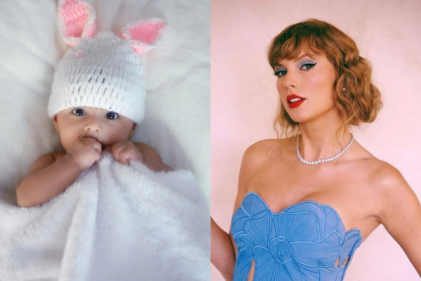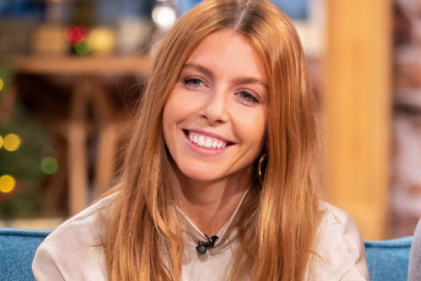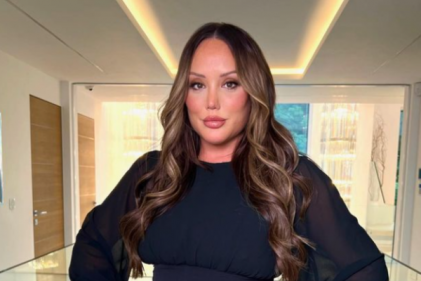We know that in Britain, breast-feeding rates are pretty low. In fact, by the time their babies are three months’ old, just 17 percent of British mums are still breast-feeding. Meanwhile, breast-feeding after six months is something just 1 percent of mums here opt for.
And clearly, improving those figures should be a priority; primarily because a whole host of studies and research sings its virtues.
Still, there are also times when it is perfectly reasonably, acceptable and, indeed, advisable NOT to breast-feed.
Here’s what to consider:
1) Your health:
Your own wellness – both physically and mentally – is the biggest influence on your baby’s health. Some mums undergo surgery in the aftermath of labour, others deal with postpartum depression. Whatever the reason, looking after yourself should be your No.1 top priority. If breast-feeding as well as recovery is just too much, simply don’t breast-feed.
2) Exhaustion:
Some babies sleep a lot. Some sleep some of the time. Others hardly ever sleep... And then a select few don’t sleep. At all. Like, ever. If your newborn is one of those, you’re probably going to be tempted to re-evaluate the whole breast-feeding thing. That’s OK – breast-feeding is just not workable in every single situation.
3) Work:
Women take anything from a few weeks to a year (or longer!) off when they’ve had a baby – and clearly the more time you have at home with your baby, the easier breast-feeding is going to be. But some new mums simply don’t have a choice: they might be self-employed, their household’s sole breadwinner, or a single parent. If so, breast-feeding is going to be a mega-challenge – quite possibly too much of a challenge, in fact.
4) Ability:
Sometimes you just can’t – no, that’s not making excuses, it’s medical fact. A whole host of factors can make breast-feeding pretty much impossible. Not producing enough milk? A baby who can’t latch on? Previous breast surgery? Yeah then feeding your baby could well be not only impractical, but also totally unworkable.
5) Pain:
Most women are warned that the first few weeks of breast-feeding will be uncomfortable and a little sore. But there is a line – and sometimes it’s best to admit ‘this isn’t worth it!’ Clogged ducts; mastitis; deep bruising; bleeding; infections; thrush: the weeks and months after welcoming your little one shouldn’t be about pain and suffering.
6) Life:
Ah yes, that old saying – ‘life gets in the way,’ and this is true of breast-feeding too. Not every woman is in a position of privilege to spend days at home nursing her baby. Maybe you have other kids – kids that also need caring and nurturing. Or perhaps you’re a much-needed carer to parents, grandparents, or other relatives. In short, sometimes it’s just not practical.
7) Preference:
If you truly hate it – and you just don’t want to, you shouldn’t feel pressure to keeping going regardless. Do your research and evaluate your own set-up; draw on as much support as you can. But if you decide at the end of the day that breast-feeding just isn’t for you, then guess what? That’s perfectly acceptable.
















